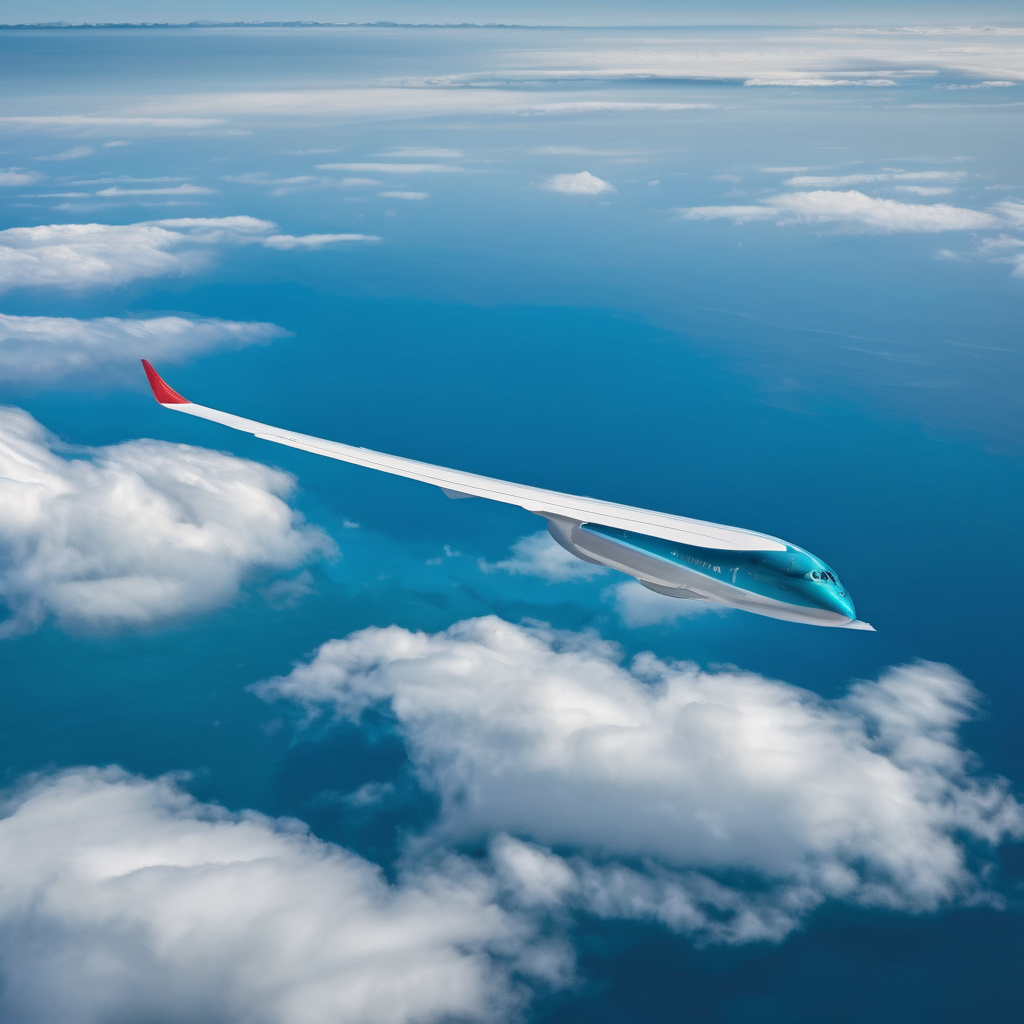Fiji’s Deputy Prime Minister and Minister for Tourism and Civil Aviation, Viliame Gavoka, has reiterated the nation’s dedication to enhancing regional cooperation in tourism and aviation. Speaking at the Ministerial Dialogue on Connecting Tourism and Aviation in Vava’u, Tonga, Gavoka emphasized that creating a “truly connected and resilient Pacific” hinges on better collaboration between aviation authorities and tourism planners.
The dialogue, organized by the Pacific Tourism Organisation (SPTO), convened regional ministers, high-ranking officials, and aviation executives to explore strategies for bolstering coordination between the tourism and aviation sectors throughout the Blue Pacific. Gavoka highlighted Fiji’s unique approach that integrates tourism and civil aviation under a single ministry, illustrating it as an effective model for aligning policies and infrastructure development.
Emphasizing the importance of collaboration, he called upon regional bodies such as the SPTO, Pacific Aviation Safety Office (PASO), Association of South Pacific Airlines (ASPA), and the Pacific Islands Forum Secretariat (PIFS) to work together to foster sustainable growth. He welcomed the launch of the SPTO Tourism and Aviation Strategy 2026–2030, urging development partners to invest in data-driven systems, institutional capacity building, and sustainable aviation infrastructure to aid its successful rollout.
In his concluding remarks, Gavoka voiced a vision for the Pacific, stating, “Our goal is a connected Pacific that moves together, prospers together, and ensures no one is left behind.” This forward-looking perspective aligns with a broader ambition to enhance regional capabilities and connectivity, crucial for driving economic development and tourism.
Similar sentiments were echoed in previous discussions, where Gavoka has consistently highlighted the essential role of unified leadership in recovering from challenges faced within the aviation sector. Previous initiatives from the Pacific Regional Aviation Ministers’ Meeting, including the endorsement of the Pacific Regional Aviation Framework, showcase a collective commitment to modernizing aviation infrastructure, thereby improving regional tourism and economic viability.
Such proactive measures not only address immediate concerns but also set the stage for future innovation in the aviation sector, fostering a collaborative atmosphere among Pacific island nations that is promising for their shared economic futures. As Fiji continues to lead these efforts, there is optimistic anticipation for enhanced connectivity and growth, reinforcing the vital role that aviation plays in the region’s development.
